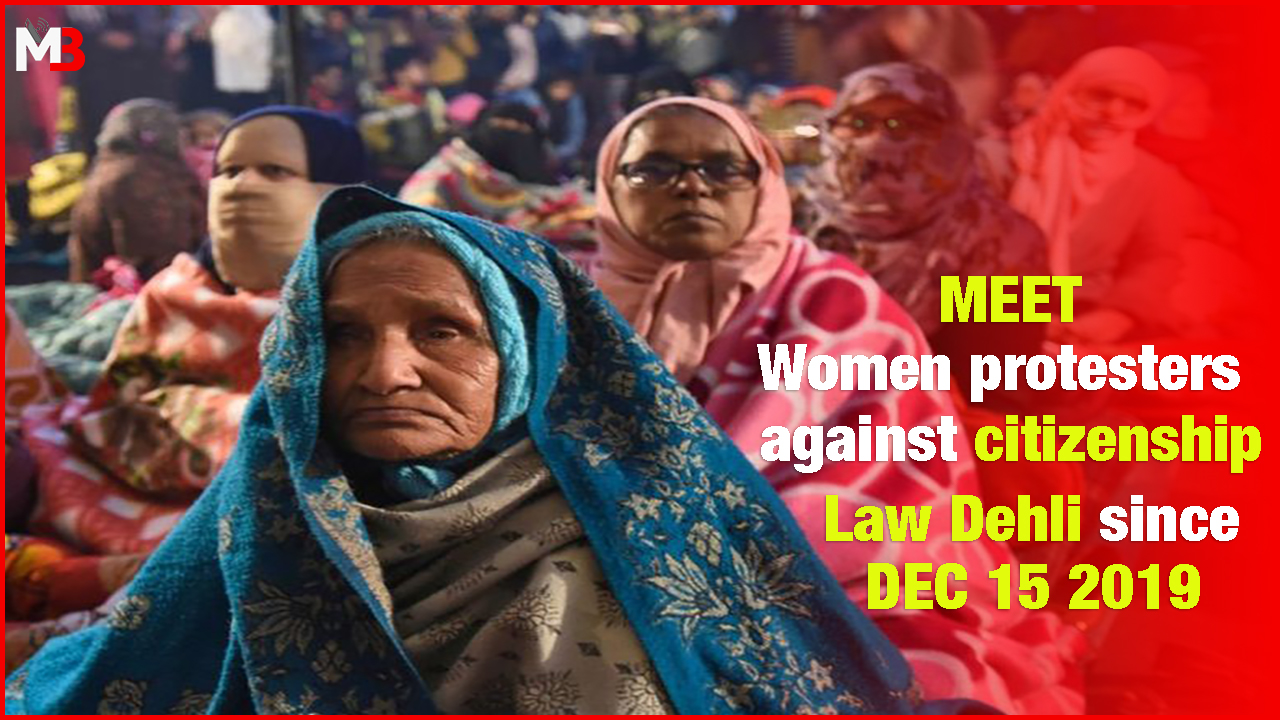The Citizenship (Amendment) Act, 2019 was passed by the Parliament of India on 11 December 2019 It amended the Citizenship Act of 1955 by providing a path to Indian citizenship for members of Hindu, Sikh, Buddhist, Jain, Parsi, and Christian religious minorities, who had fled persecution from Pakistan, Bangladesh and Afghanistan before December 2014. Muslims were not given such eligibility.The act was the first instance of religion being overtly used as a criterion for citizenship under Indian nationality law.
https://www.mediablizz.com/difficulties-looked-by-transgender-communities-in-pakistan/
Only a month ago, 50-year-old mother Bahro Nisa was a regular New Delhi shopkeeper, making a living selling cold drinks to tourists visiting one of Asia’s biggest mosques.She had never protested a day in her life — but on December 15, that all changed. She saw images on television of police appearing to assault students protesting at the prestigious Jamia Millia Islamia University (JMI) in the Indian capital against a controversial law that fast-tracks citizenship for non-Muslim minorities from select countries.
That night, Nisa and others headed to the residential Muslim area of Shaheen Bagh to express their solidarity with the students — and oppose the controversial law that came into effect last week. She has come every day since — and even quit her job so she could stay full time.
“They tried to stifle the voices of our children,” she told Noor Nisa — no relation — has been protesting since December 15, and feels the same.
“We are fighting for our children,” said the old woman. “It does not matter for me. I will not be alive for very long.”and there are much more stories like Nisa who protesting fo justice and indian government still stands with law.
Read More: https://www.bbc.com/news/world-asia-india-50670393
ju3yduwekeyfkerufyyrfuryfy4urfi4u3

